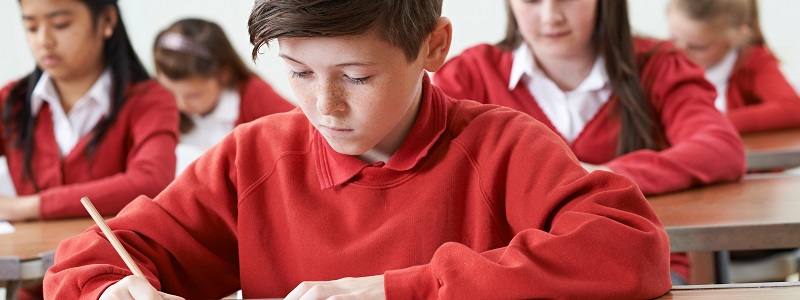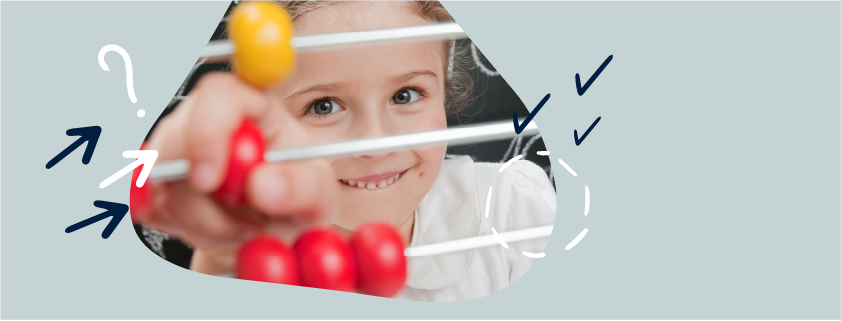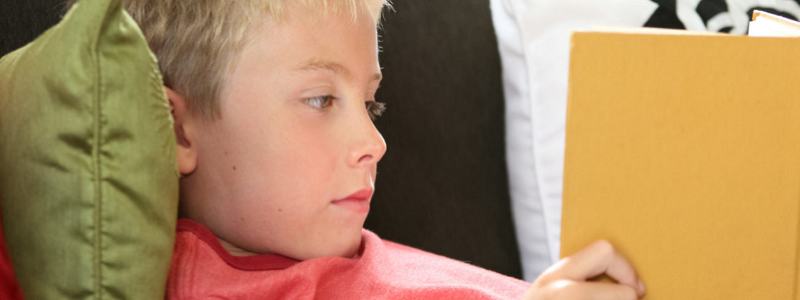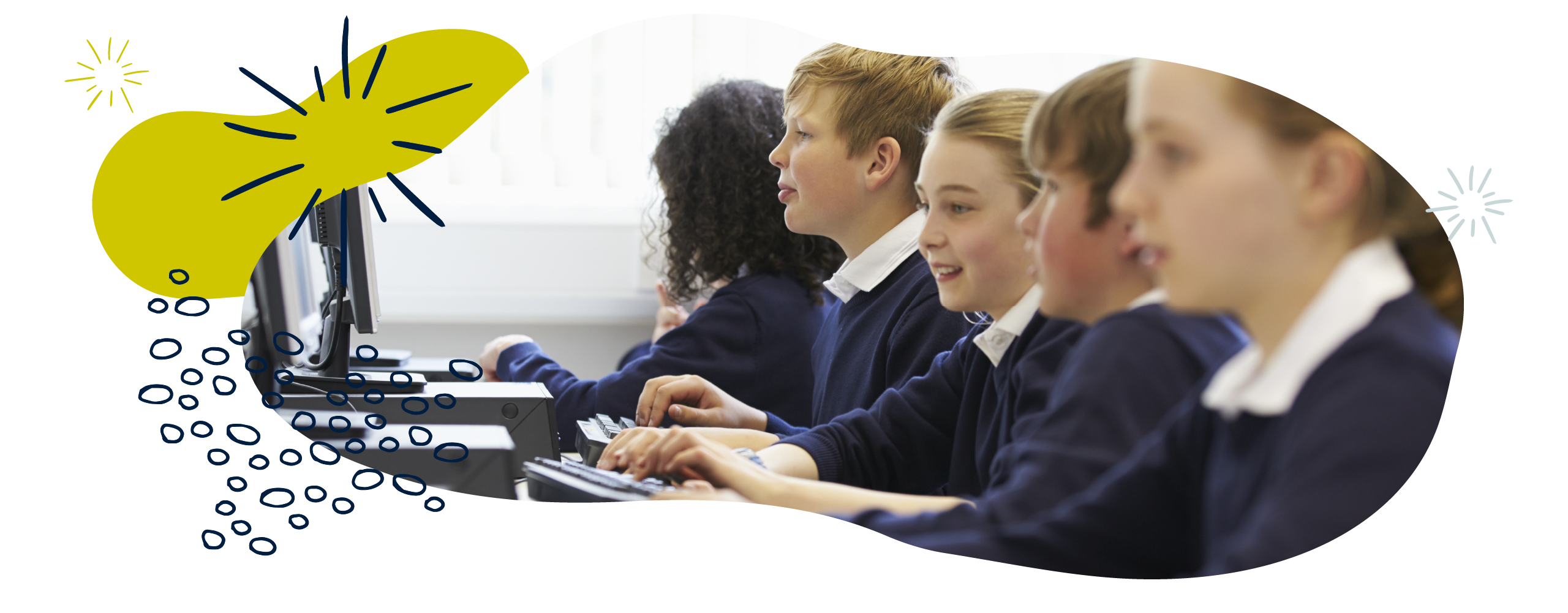What to expect in Year 6
For even the most confident of 10-year-olds the move into Year 6 can be a daunting time – but it really doesn’t have to be. Being in Year 6 truly is the most memorable time in your child’s primary education.
What will my child do in Year 6?
As in all other year groups, Year 6 follows statutory schemes of learning set down by the government. Children are assessed at the end of the year as to whether they have met the ‘expected’ national standard.
1. Key Stage 2 SATs
Firstly, no guide to Year 6 would be complete without some mention of the SATs – the assessment tasks that all Year 6 pupils sit in May of each year. The results of these will determine whether your child has met the ‘expected’ level in English and maths.
There is no doubt that the testing will become a focus during the year and in most schools a great deal of work will be carried out to prepare for this time. Hopefully, your child’s teacher will help your child prepare for the tests without them even realising it. Every school is obviously different, but your child’s teacher will probably aim to keep the stress levels down with plenty of fun and valuable learning.
2. The wider curriculum
There are many other valuable subjects that are not assessed in the tests which many children excel in – and these are equally as important. In Year 6, the children always love the history topics. History schemes vary from school to school but many Year 6 classes will look at World War 2. Some schools explore the Ancient Maya and South American cultures and others will look at Islamic civilisations or other aspects of ancient history instead.
The science topics in Year 6 have recently changed. In evolution and inheritance, your child will get to look at dinosaurs, fossils, genetics, Darwin, and so much more. Other topics include the circulatory system, microorganisms, and light and electricity. Where possible, your child will carry out a variety of scientific investigations during all of these topics, building on the skills they have already acquired.
3. Moving on up
Of course, a big part of your child’s summer term in Year 6 will be preparing for the move to secondary school. This may involve going to their new schools, a visit from some of their new teachers or shared classroom activities.
How can I help my child in Year 6?
1. Help with homework
For parents in Year 6, the most important thing is to continue to help where possible with reading, homework, times tables, and projects whilst encouraging even more independence than in previous years. Your child will possibly learn more during this year than any other that it is their own hard work and effort that matters, not someone else’s.
2. Keep on reading
As ever, it is still important that your child continues to read, both alone and to you, as much as possible. It is never too late to develop a love of reading. Spend time finding the best books for your child – speak to their teacher too, or a librarian, if this is proving a challenge.
3. Prepare for SATs
You will probably want to support your child in the lead up to the SATs. Working with your child, when needed, will help you see where they need the most support. Be sure to speak to your child’s teacher at various times during the year when you need to. They will be keen to help with any areas of concern you might have.
Useful resources on Oxford Owl

Key Stage 2 SATs
Find out more about the Key Stage 2 SATs and how to best support your child through these tests.

Help with times tables
Find out how times tables are taight at school and what you can do to help your child at home.

Encouraging reluctant readers
Find out how to best encourage reluctant readers to find the joy in reading.
National Curriculum for England, Scotland, and Wales
All information on Oxford Owl for Home is aligned with the National Curriculum for England. Much of this information is also relevant for children in Scotland and Wales.
